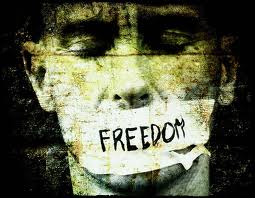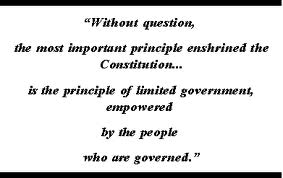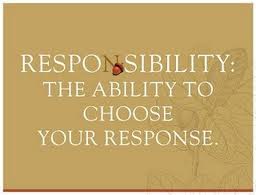A right is that which can be exercised
without anyone’s permission.
If you exist only because society permits you to exist
you have no right to your own life.
If, before undertaking some action,
you must obtain the permission of society
you are not free,
whether such permission is granted to you or not.
Only a slave acts on permission.
A permission is not a right.
“Rights” are a moral concept
the concept that preserves and protects
the link between the moral code of a man
and the legal code of a society,
between ethics and politics.
Individual rights are the means of
subordinating society to moral law.
Man holds these rights,
not from the Collective
nor for the Collective,
but against the Collective
as a barrier which the Collective cannot cross;
against all other men.
Since knowledge, thinking, and rational action
are properties of the individual,
since the choice to exercise his rational faculty or not
depends on the individual,
man’s survival requires that those who think
be free of the interference of those who don’t.
Since men are neither omniscient nor infallible,
they must be free to agree or disagree,
to cooperate or to pursue their own independent course,
each according to his own rational judgment.
Man gains enormous values from dealing with other men;
living in a human society is his proper way of life
but only on certain conditions.
Man is not a lone wolf
and he is not a social animal.
He has to plan his life long-range,
make his own choices,
and deal with other men by voluntary agreement
and he has to be able to rely
on their observance of the agreements they entered.
Do not make the mistake, at this point,
of thinking that a worker is a slave
and that he holds his job by his employer’s permission.
but by contract,
that is, by a voluntary mutual agreement.
A worker can quit his job.
A slave cannot.
In a free society, men are not forced to deal with one another.
They do so only by voluntary agreement and,
when a time element is involved, by contract.
it may cause a disastrous financial injury to the other .
This leads to one of the most important
and most complex functions of the government:
to the function of an arbiter who settles disputes among men
according to objective laws.
Excerpts from the Ayn Rand Column







